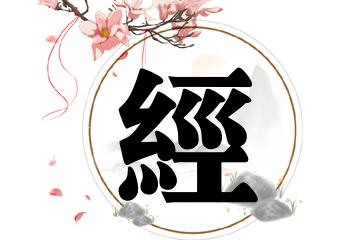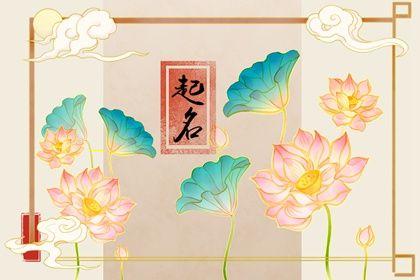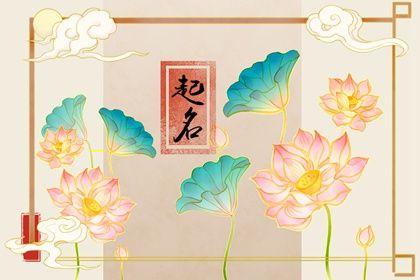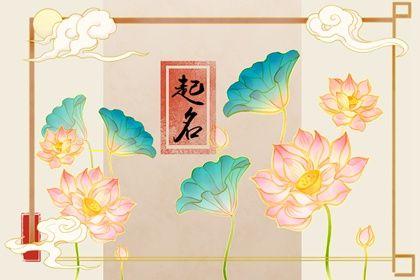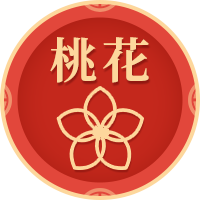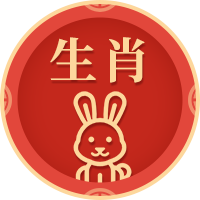作品文艺起名究竟怎样才能起得好呢
- 作者: 杨今依
- 来源: 投稿
- 2024-10-16
一、作品文艺起名究竟怎样才能起得好呢
文艺作品起名技巧1. 寓意深刻:
选择具有象征意义或隐喻性的词语,传达作品的主题或内涵。
例如:村上春树的《挪威的森林》隐喻青春的迷茫与孤独。
2. 意境优美:运用诗意的语言,营造出特定的氛围或意境。
例如:余华的《活着》展现了生命的坚韧和苦难。
3. 简洁有力:避免冗长或晦涩的词语,用简洁有力的语言传达作品的核心。
例如:海明威的《老人与海》以其简洁的语言和深刻的寓意而闻名。
4. 符合作品风格:作品的名称应与作品的风格和基调相符。
例如:张爱玲的《倾城之恋》以其细腻的笔触和哀婉的基调而著称。
5. 考虑受众:考虑作品的目标受众,选择他们能够理解和欣赏的名称。
例如:儿童文学作品的名称往往更具童趣和想象力。
6. 避免雷同:避免使用与其他作品过于相似的名称,以免造成混淆。
例如:避免使用“爱”或“希望”等过于常见的词语。
7. 运用修辞手法:运用比喻、拟人、夸张等修辞手法,增强作品名称的生动性和感染力。
例如:鲁迅的《狂人日记》以其夸张的语言和讽刺的意味而著称。
8. 借鉴经典:从经典文学作品中汲取灵感,借鉴其起名技巧。
例如:莎士比亚的《哈姆雷特》以其悲剧性的主题和深刻的内涵而闻名。
9. 多次修改:起名是一个反复修改的过程,不要急于求成。
多次审视作品名称,确保其符合上述技巧,并能准确传达作品的精髓。
10. 寻求反馈:向朋友、家人或其他作家寻求反馈,获得不同的视角和建议。
他们的意见可以帮助你完善作品名称,使其更加贴切和有意义。
二、作品文艺起名究竟怎样才能起得好呢英语
How to Choose a Good Literary Title in English
Choosing a title for a literary work is a crucial task that can significantly impact its reception and success. A well-chosen title can pique curiosity, set the tone, and provide a glimpse into the story's themes and characters. Here are some guidelines to help you create a compelling and effective literary title in English:
1. Consider the Genre and Audience:
The title should align with the genre of your work. For example, a fantasy novel might have a more evocative and imaginative title, while a contemporary drama could opt for a more straightforward and realistic one. Consider your target audience and what kind of title would appeal to them.
2. Reflect the Story's Essence:
The title should capture the central theme or idea of your story. It should hint at the plot, characters, or conflicts without giving away too much. Avoid titles that are overly vague or generic, as they may not convey the uniqueness of your work.
3. Use Figurative Language:
Figurative language, such as metaphors, similes, and personification, can create a memorable and evocative title. These devices can convey complex ideas or emotions in a concise and impactful way. For example, "The Great Gatsby" suggests both the grandeur and the tragedy of the novel's protagonist.
4. Consider Symbolism:
Symbols can be powerful tools for creating a title that resonates with readers. A symbolic title can hint at hidden meanings or foreshadow events in the story. For example, "The Catcher in the Rye" evokes the protagonist's desire to protect innocence and his struggle with adulthood.
5. Use Alliteration or Assonance:
Alliteration (the repetition of consonant sounds) and assonance (the repetition of vowel sounds) can create a pleasing rhythm and memorability in a title. For example, "The Sound and the Fury" uses alliteration to convey the chaotic and tumultuous nature of the novel.
6. Keep it Concise:
A title should be concise and easy to remember. Avoid long or overly complex titles that may be difficult for readers to recall. Aim for a title that is between 2-5 words, if possible.
7. Test it Out:
Once you have a few potential titles, test them out on friends, family, or beta readers. Get their feedback on which titles they find most appealing, memorable, and representative of your story.
8. Consider the Cover Design:
The title will be featured prominently on the cover of your book. Consider how the title will look and interact with the cover design. Choose a font and style that complement the overall aesthetic of your work.
Remember, choosing a literary title is an iterative process that requires creativity, thoughtfulness, and feedback. By following these guidelines, you can create a title that will captivate readers and leave a lasting impression.
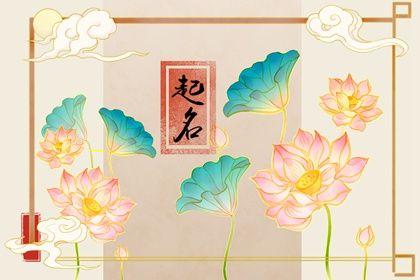
三、作品文艺起名究竟怎样才能起得好呢视频
如何为文艺作品起一个好名字
1. 考虑作品的主题和内容
作品的名称应该反映作品的主要思想、情感或主题。
考虑作品中出现的关键元素、人物或事件。
2. 使用象征性或隐喻性的语言
寻找能唤起作品内涵的象征或隐喻。
避免使用过于直白或字面化的名称。
3. 探索不同的语言和文化
考虑使用来自不同语言或文化的单词或短语。
这可以为作品增添异国情调或神秘感。
4. 保持简洁和难忘作品的名称应该简洁易记。
避免使用冗长的或难以发音的名称。
5. 考虑作品的类型不同的作品类型可能需要不同的命名风格。
例如,小说可能需要一个更文学性的名称,而电影可能需要一个更吸引人的名称。
6. 寻求反馈在确定名称之前,向朋友、家人或其他作家寻求反馈。
他们的意见可以帮助你完善你的选择。
7. 避免使用陈词滥调或流行语
避免使用常见的或过时的名称。
尝试创造一个独特且令人难忘的名称。
8. 考虑作品的受众考虑作品的目标受众。
名称应该吸引并与受众产生共鸣。
9. 尝试不同的变体在确定名称之前,尝试不同的变体。
考虑不同的拼写、发音和含义。
10. 耐心和创造力为文艺作品起一个好名字需要耐心和创造力。
不要害怕尝试不同的想法,直到你找到一个完美的名称。
四、文艺的设计作品名字
抽象色彩交响曲
形状的舞蹈
光影的交织
自然
风之语
水之韵
花之舞
情绪
忧郁的旋律
喜悦的色彩
愤怒的线条
文化
东方之韵
西方之风
古典之美
想象
梦幻之境
时空之门
异次元空间
隐喻
沉默的呐喊
破碎的希望
绽放的梦想
诗意
月光下的遐想
星辰中的秘密
风中的低语
哲学
存在的意义
时间的流逝
人性的本质
科技
数字之美
代码之舞
虚拟之境
其他
灵魂的画布
思想的雕塑
创造的火花



